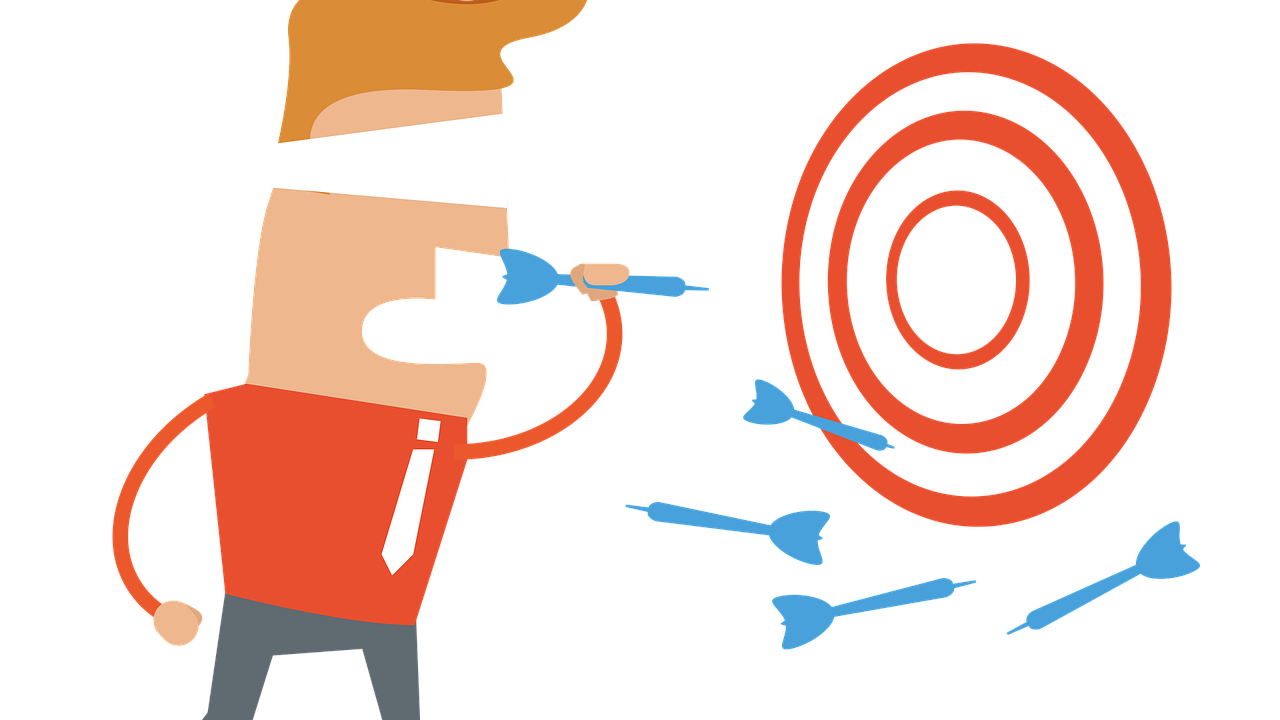Where there’s a won’t there’s a way

Could telling yourself to do more of something be the worst thing you can do?
New research suggests so.
Framing your goal
We live in a world of more — of ‘shoulds’, particularly when it comes to wellbeing.
I should exercise more, save more, eat more healthily.
But maybe that pressure is backfiring on our ability to achieve our goals?
Researchers Tuk, Prokopec and Van den Bergh (2020) set out to see whether it would be more motivating to tell yourself “I’ll exercise three days per week” or “I won’t exercise four days a week”.
In other words, is it better to focus on goal-consistent acts (i.e. performing the activity) or goal-inconsistent acts (i.e. skipping it)?
Across seven experiments the researchers tested different ways of framing the goal.
Participants in one experiment were asked about study goals for a course.
Those who were asked to plan how many hours of study they would skip (a goal-inconsistent act), ended up planning to spend more hours than those asked how many hours they intended to study (a goal-consistent plan).
The same result held in other experiments where participants ate more veggies and raised more fundraising money when first asked to focus on the number of occasions they wouldn’t do these things.
“Across seven experiments with more than 2,200 participants in total, we find that consumers set their goal levels on average 13% higher when they decide how many goal-consistent activities to forgo compared to when they decide how many goal-consistent activities to undertake.” (Their emphasis.)
Why focussing on forgoing drives achievement
Simply having to consider NOT doing something that would contribute towards our goal seems to nudge us to up the ante and set more ambitious goals.
Why? Our decision to forgo challenges our self-view - we feel guilt, regret and disappointment which in turn strengthens our desire to improve.
If we are given reason to excuse our goal-inconsistent choice, like being reassured It’s not always possible to work out because we volunteer for a charity, the researchers found we are not as ambitious in our targets.
Implications for you
As the researchers note, these findings have immediate implications for the framing of public policy and wellbeing-related communications campaigns.
That means financial services, education, health, government, retail…
Rather than focussing people on how much they need to do of something – whether it’s exercise, eating or saving – it may be more effective to focus them on how many times they can skip the goal-directed behaviour.
For you personally, what virtuous behaviour can you plan to forgo? See whether this makes you actually do it more.
Oh, and remind yourself you don’t have to work on the weekend. It just might make you even more productive during the week!
Ref: Mirjam A Tuk, Sonja Prokopec, Bram Van den Bergh, Do versus Don’t: The Impact of Framing on Goal-Level Setting, Journal of Consumer Research, Volume 47, Issue 6, April 2021, Pages 1003–1024, https://doi.org/10.1093/jcr/ucaa050
You might also find interesting:
- Adding is easy. Subtraction is hard. - on how constraints can benefit us.
- How concrete language can change behaviour - the impact of language on customer satisfaction and sales
Image from: https://pixabay.com/illustrations/blind-target-aim-dart-failed-823530/

